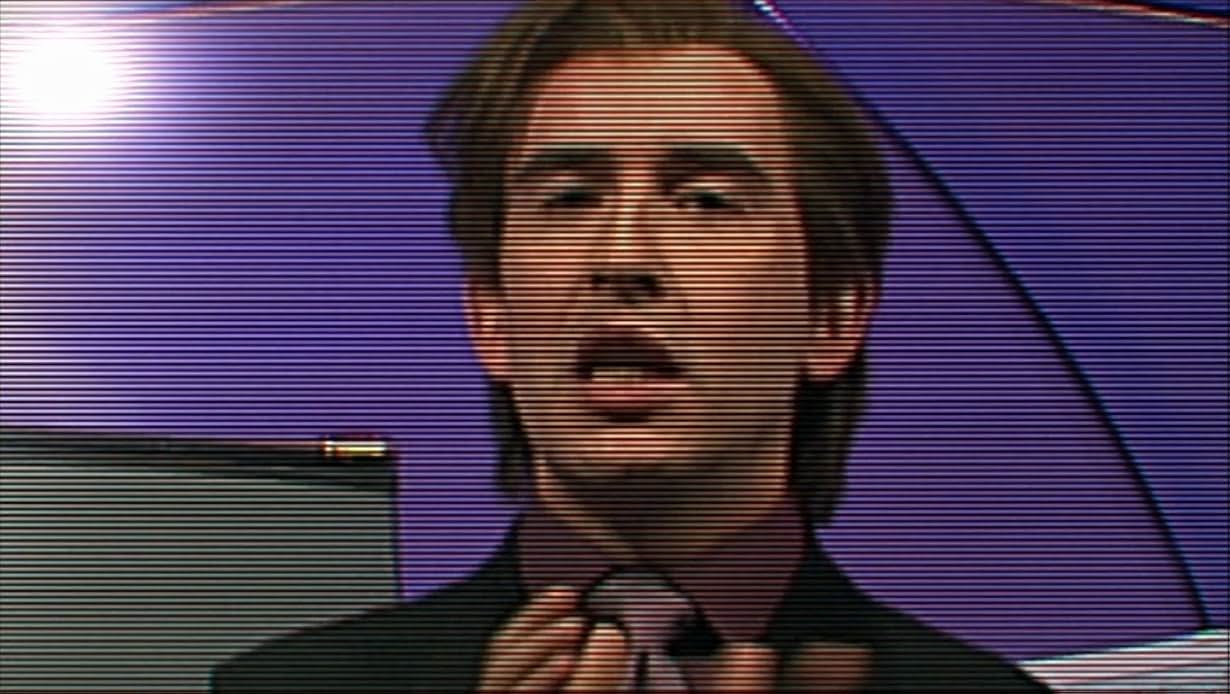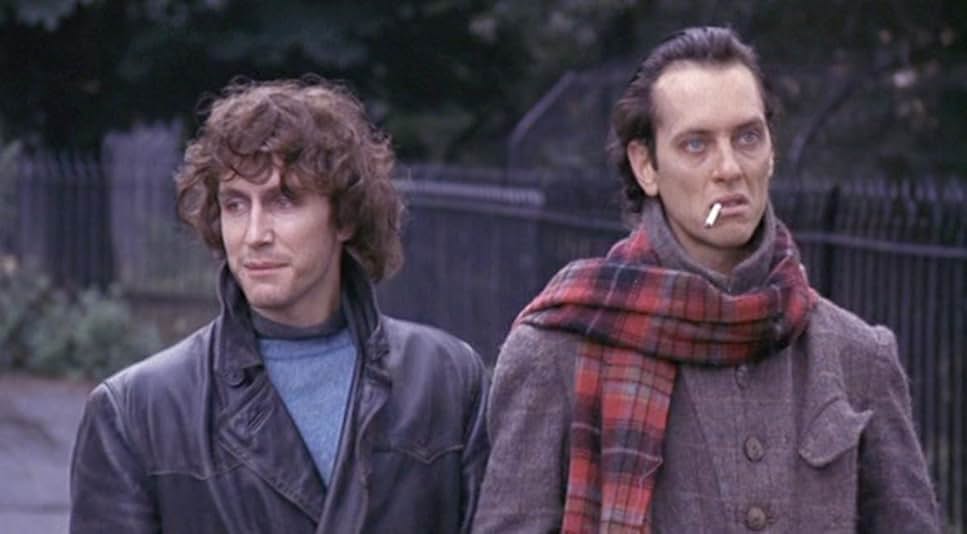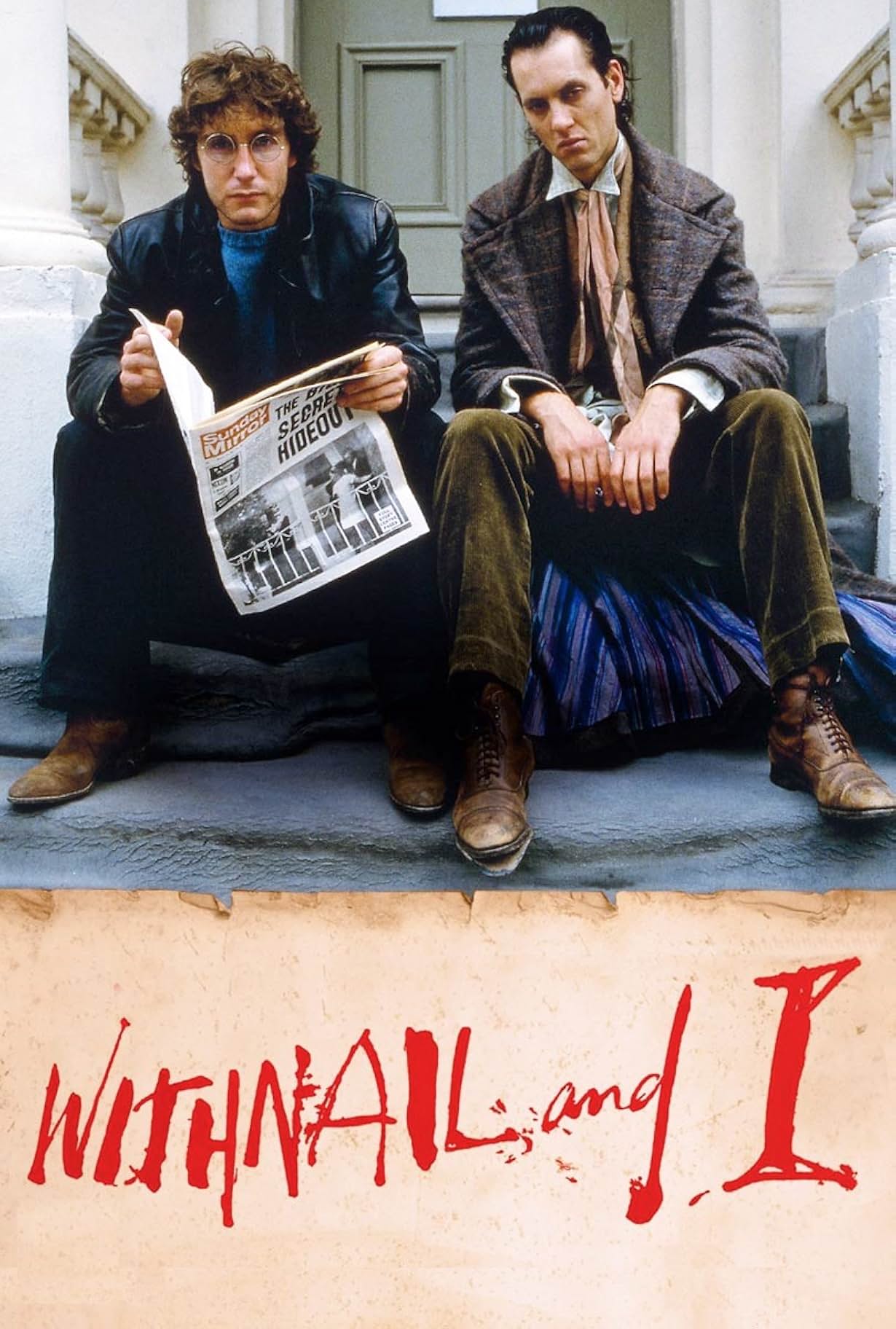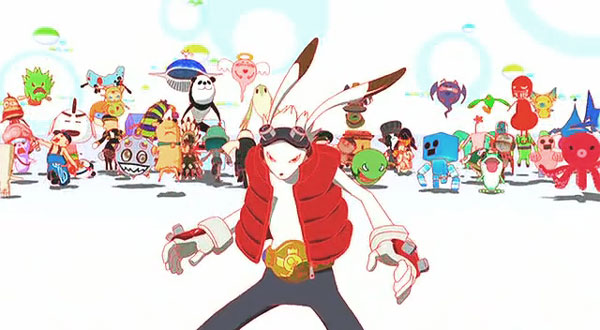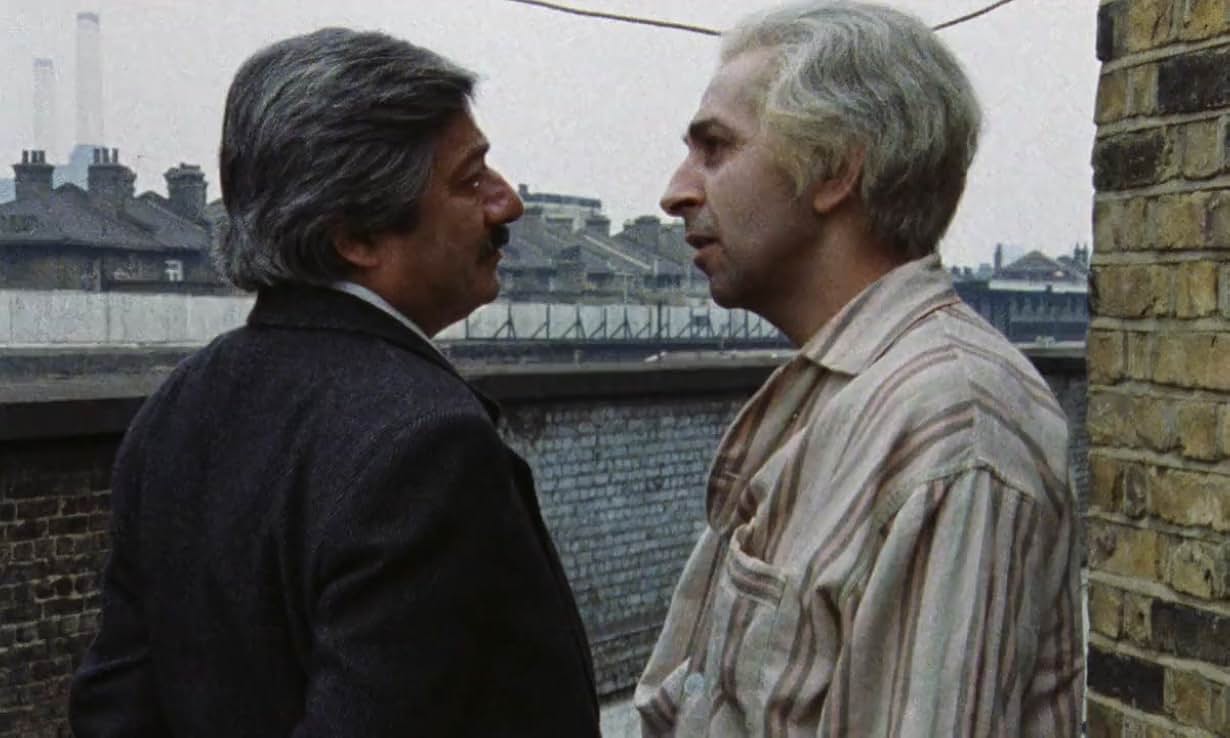 It’s been said that Britain’s favorite fast food isn’t fish and chips, but chicken vindaloo.
It’s been said that Britain’s favorite fast food isn’t fish and chips, but chicken vindaloo.
There’s been a population of people who trace their lineage to South Asia since at least the 17th century, but the biggest growth began after World War II. Two factors drove the exodus. First, there were families who looked at the options in Partition, of fleeing to one side of the new border between India and Pakistan, and took the third option: move to the UK. But there was also an active policy to encourage people from South Asia to relocate to this tiny island off the coast of Europe, to help fill the shortage of workers after six years of bloodbath.
The ethnic minority population went from 0.1% in 1951 to 2.5% by 1986, and the Pakistani population was the second biggest, eclipsed only by the Indian population.
Yet for many white people, their vision of India was still that of brownface comedies like Carry On Up the Khyber and It Ain’t Half Hot, Mum.
Change came slowly, and often through the appearance of small, family-run Indian restaurants. These became a key part of the economy for these growing migrant communities, and their perception in the broader community.
And there were famous South Asian actors, two of whom star in My Beautiful Laundrette, both of whom had been forced to relocate and reconsider their acting careers. As disillusioned ex-journalist and drunkard Hussein Ali, Roshan Seth was a rising stage actor but kept getting shoved into “ethnic” parts, and quit acting for 25 years until returning for a BAFTA-nominated performance as Jawaharlal Nehru in Richard Attenborough’s Gandhi. Playing his brother, social climbing entrepreneur Nasser Ali, was Saeed Jaffrey: By contrast to Seth’s interrupted career and late fame, Jaffrey was probably the most recognizable Indian to British audiences after Gandhi, an intercontinental leviathan who worked with Satyajit Ray and Lee Strasberg, and was a cornerstone of Merchant Ivory, masters of high-end period drama.
Merchant Ivory. Their depiction of India was tied up with the Raj, the period of British occupation of India that had only relatively recently ended. Films like Shakespeare Wallah (1965), Bombay Talkie (1970), and Heat and Dust (1980) were often deceptively complex in their depiction of the complicated relationships between South Asia and Britain, even as TV shows like The Far Pavilions and The Jewel in the Crown (both airing in 1984) leaned heavier into a romanticized version of that history.
But it was rare for art of the era to show the other side of the equation: the Indian, Pakistani, and Bangladeshi migrants who had traveled to the UK, established businesses, embraced the Thatcherite dream, and begun to enter the middle classes in a way that was often impossible for other minority groups in the UK. And, yes, had kids who were raised British but were often immersed in their parents’ native culture at home.
It’s these questions of identity that run rich throughout My Beautiful Laundrette, a subtle satire set in London’s Pakistani community, as young Omar (Gordon Warnecke) is pushed off the dole and into a job with his uncle (Jaffrey), to run the dilapidated launderette that he’s acquired. Omar decides to bring in his old school friend, Johnny (a promising young actor called Daniel Day-Lewis. Whatever happened to him?). Drawing on his own experiences as the only Asian boy in all-white schools, scriptwriter Hanif Kureishi made Omar and Johnny’s relationship truly groundbreaking in UK cinema: a queer interracial romance with a happy ending.
But his greatest achievement as a then-young writer may be in channeling his own complicated feelings about Britain through Hussein and Nasser. When the brothers finally reconcile, they can admit why they stay on this soggy little island with its doltish, pallid residents.
Footnote: The same year as My Beautiful Laundrette was released, Jeffrey and Rita Wolf would play father and daughter again in Tandoori Nights, a TV sitcom set in one of those family restaurants.
- My Beautiful Laundrette
- Directed by Stephen Frears
- Starring Gordon Warnecke, Daniel Day-Lewis, Saeed Jaffrey, Roshan Seth, Shirley Anne Field
- 1985
- 97 minutes
Further Listening
- The Buddha of Suburbia by David Bowie (1990)
- Mundian To Bach Ke by Panjabi MC
- Brimful of Asha by Cornershop
Further Viewing
- Bhaji on the Beach (1993) D: Gurinder Chadha
- Mogul Mowgli (2020) D: Bassam Tariq
Further Reading
- Balti Britain: A Journey Through the British Asian Experience by Ziauddin Sardar (2009)
- My Ear at His Heart by Hanif Kureishi (2010)
